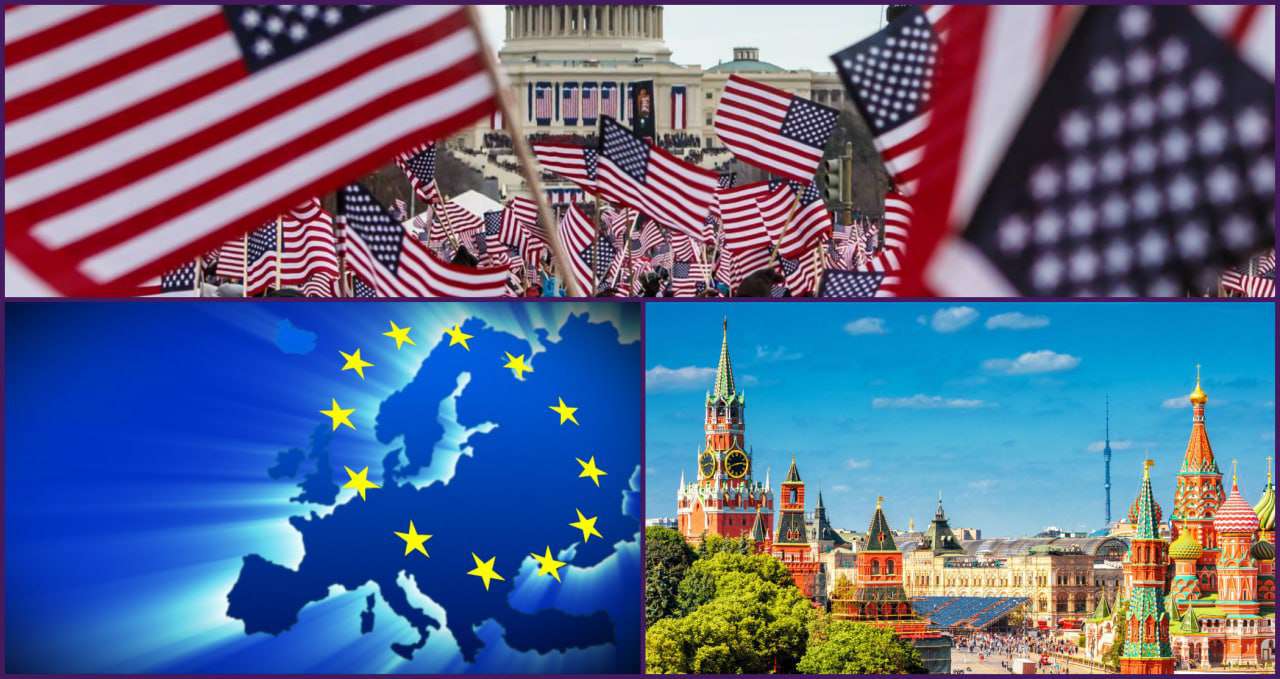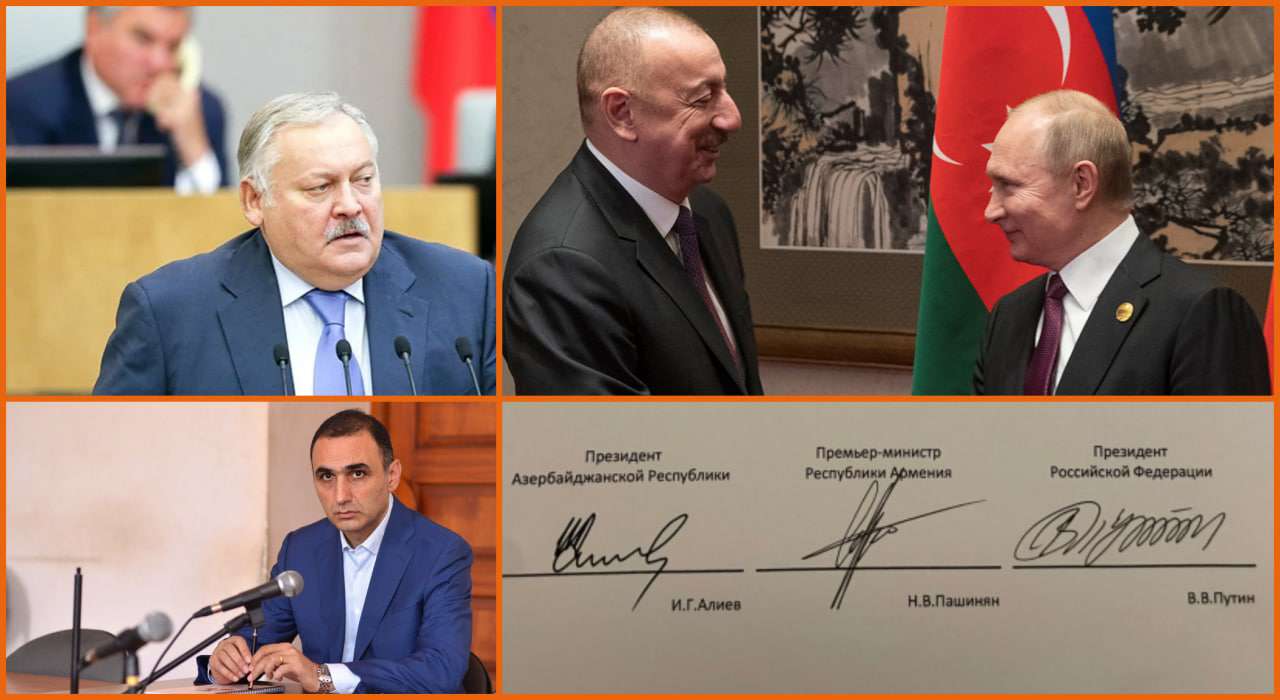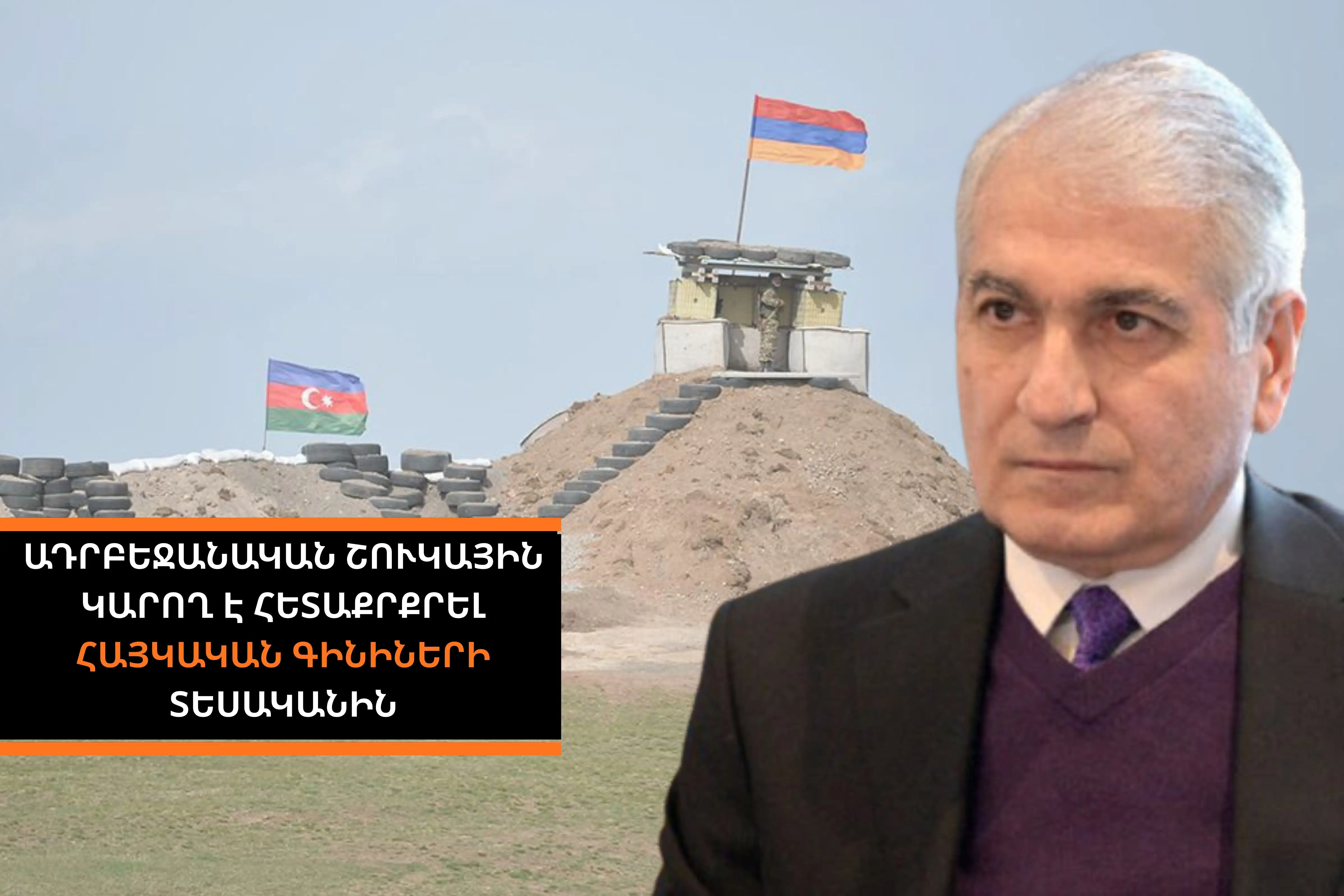Recently, as a result of the Russian-Ukrainian war and Azerbaijan's attack on the sovereign territory of the Republic of Armenia, talks of foreign orientation have become active again in the public-political environment. There are not many poles of external orientation: Russian and Western.
Of course, it is well-known that the "pro-Western" and "pro-Russian" division in the internal Armenian discourse is artificial. Even the accusations directed at each other that one side is "Russian agents" and the other "Syrian" and "grantmaker" are beyond ridiculous. However, what exits, and possible ways do both sides offer, and what foreign policy vision do they have?
Westerners exclude the Russian factor from the foreign political vector of RA. They unconditionally and irreversibly adhere to the Western orientation. So, does their imagined westernization have any relation to the real one? Will the western direction of the foreign policy guarantee the stable functioning of the RA security environment? Historical experience boldly suggests that we have a bitter experience in this regard. Russian-type empires voluntarily withdraw from regions important to their interests. But according to local Westerners, Russia should be removed from Armenia. And even if Russia does not leave after that demand? What, is Armenia going to declare war on Moscow? And those pro-Westerners who preach that the Western bloc will force Moscow to leave Armenia, taking the military base with them, unwittingly announce that our state will become a war theater for the great powers with the resulting consequences. Naturally, RA should not hesitate to discuss problems in its relations with Russia if they arise. However, drastic movements will not increase but may create new threats for Armenia, including security, economic, and energy threats.
In terms of style, the pro-Russians have the same approaches. In terms of thinking, they do not go beyond the ideological patterns of the Cold War. Tying RA's foreign policy to close allied relations with Russia, they also rule out rapprochement with the West. Diplomacy is a phenomenon involving two or more sides. Observing the rhetoric of the pro-Russians, one gets the impression that it is an actor's theater in their imaginations. This group goes even further, making strong anti-state accents in its lyrics. It seems that to justify any Russian action, they are ready to go against their state, Armenia. Otherwise, with what logic is it possible to understand the statement of former Deputy Minister of Defense Artak Zakaryan about the participation of RA citizens in bombing the Crimean bridge? It is interesting whether Zakaryan, now wearing the opposition's cloak, was distinguished by similar manifestations while working as the Deputy Minister of Defense. Is it possible that after some time, it will become clear what price our state has paid for such possible manifestations?
The modern world is a world of integrations. It will be a slow death march for RA to enter the modern system of the "iron curtain" initiated by Russia, refusing to cooperate with the Western world. At the same time, it should have been clear to pro-Westerners long ago that Russia's presence in the region does not depend on their wishes and ideas. These two sides' texts and propaganda speeches represent a real danger to public consciousness. Being devoid of rationalism, they can poison and distort the public consciousness, feeding it with vain and groundless hopes.




















